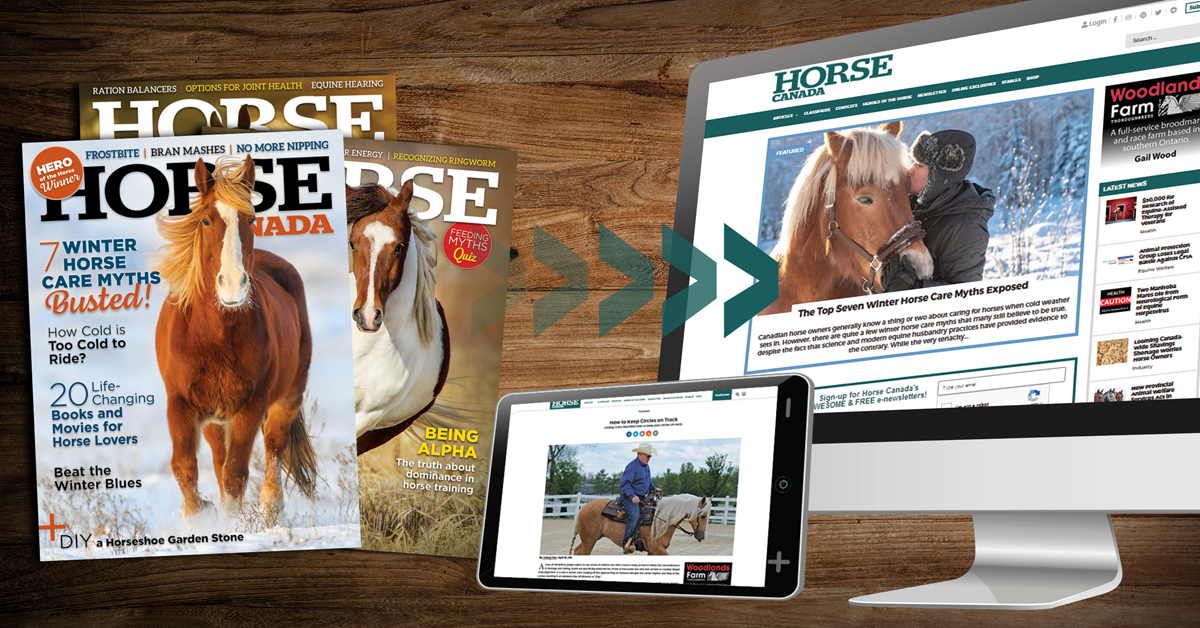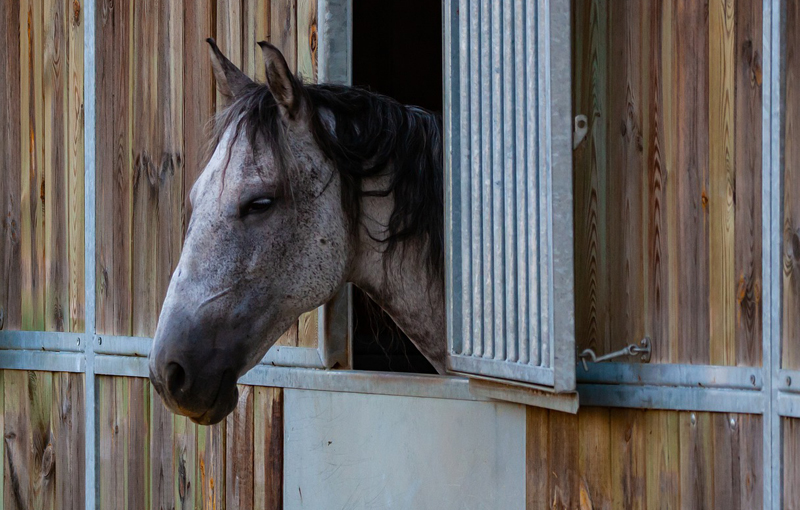Equine Canada (EC) and the National Farm Animal Care Council (NFACC) are pleased to announce the release of the new Code of Practice for the Care and Handling of Equines. The Code is available for download here.
“The development of this new Code is perhaps the most important project in recent Canadian history for the health and welfare of equines in Canada,” states Jack de Wit, Director with the Equine Canada Board of Directors and Chair of the Code Development Committee. “This is a Code of Practice we can all be proud to have. It is among the most comprehensive of equine Codes internationally, and will serve a vital role across our diverse industry.”
The Code’s development was led by an 18-person Code committee comprised of equine owners, caregivers, animal welfare and enforcement representatives, researchers, veterinarians and government representatives. Aiding in their work was a five-person Scientific Committee that included researchers with expertise in equine behaviour, health and welfare.
“I am very pleased with the high standards of care required for horses in the new Equine Code,” states Dr. Bettina Bobsien of the BC SPCA, who represented the Canadian Federation of Humane Societies on the Code Development Committee. “It is also encouraging to see this Code mandate ethical training methods, exercise requirements and restrictions on tail alterations.”
Canada’s Codes of Practice are a powerful tool for meeting rising consumer, marketplace and societal expectations relative to farm animal welfare. Codes support responsible animal care practices and keep everyone involved in farm animal care and handling on the same page. They are our national understanding of animal care requirements and recommended practices, providing a foundation for animal care assessment programs and in some provinces, regulatory activities.
The equine Code is the third of eight farm animal Codes of Practice currently under revision to be completed through the NFACC Code development process. More information on the Code development process is available here.
Efforts are underway to ensure widespread distribution of the equine Code through not only printed copies but also electronic versions for viewing on-line, and for downloading to computers and mobile devices. As printed copies will be in limited supply, stakeholders are encouraged to make use of the electronic format.
Funding for the Codes of Practice is provided by Agriculture and Agri-Food Canada’s Agricultural Flexibility Fund, under the Addressing Domestic and International Market Expectations Relative to Farm Animal Welfare initiative, as part of Canada’s Economic Action Plan.
More from Horse-Canada:




